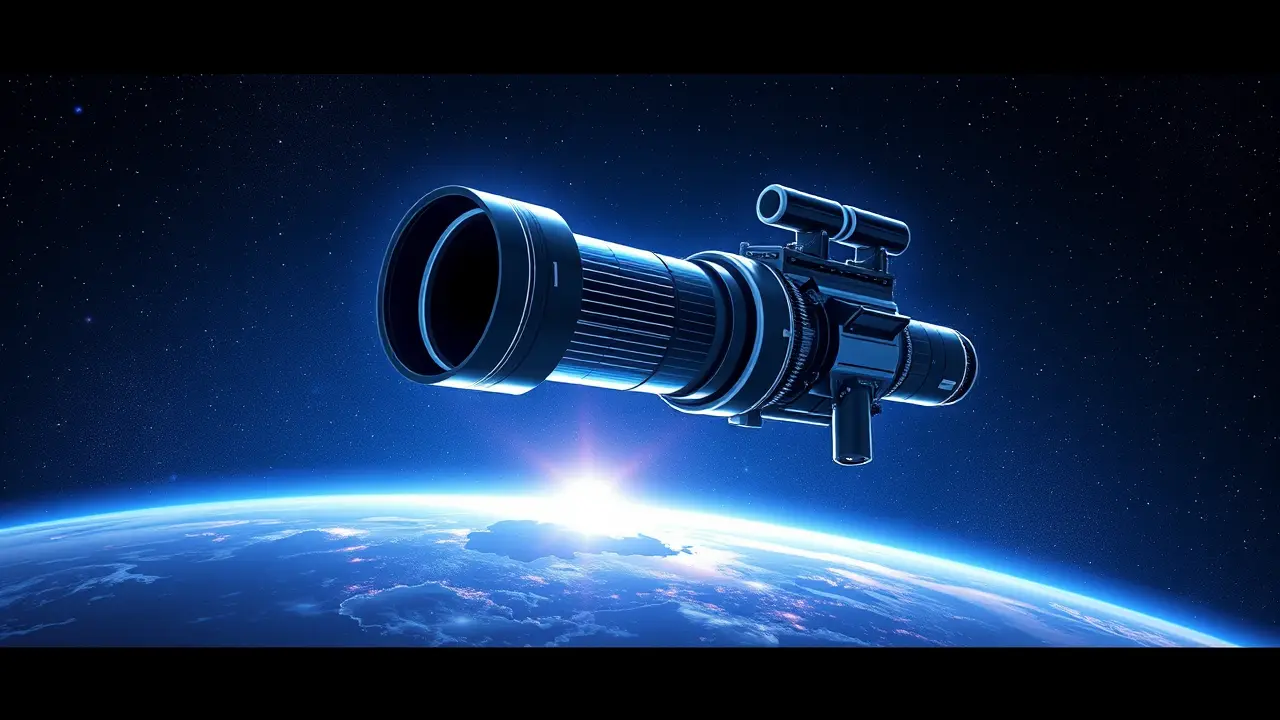
Sciencespace & astronomyNASA Missions
China Plans Rescue Mission for Astronauts on Space Station
TH
Thomas Green
2 hours ago7 min read
In a dramatic turn of events highlighting the inherent perils of orbital operations, China is orchestrating a high-stakes rescue mission for three astronauts stranded aboard the Tiangong space station, their scheduled return to Earth abruptly scuttled after their spacecraft sustained damage from a debris strike. This emergency operation, centered on preparing the Shenzhou-22 capsule—a vessel originally destined for the next routine crew rotation—at the Jiuquan Satellite Launch Centre in the Gobi Desert, underscores a critical juncture for China's ambitious space program.The incident, which prompted the China Manned Space Engineering (CMSE) office to immediately activate emergency protocols, serves as a stark reminder that the space environment, for all its serene appearance, is a shooting gallery of hypervelocity projectiles, from defunct satellite fragments to natural micrometeoroids. This scenario evokes historical parallels, most notably the 1970 Apollo 13 mission, where human ingenuity triumphed over catastrophic failure, yet it unfolds within the distinctly modern context of an increasingly crowded low-Earth orbit.The Tiangong station, a modular masterpiece representing China's long-term commitment to a permanent celestial foothold, now faces a test not just of its engineering resilience but of its contingency planning. The meticulous preparation of the Shenzhou-22 lifeboat involves more than just stocking it with supplies; it requires complex calculations for an unplanned launch window, trajectory adjustments for a rendezvous under duress, and ensuring the stranded crew's health and morale during the extended wait.This situation also casts a spotlight on the broader, escalating problem of space debris, a challenge that transcends national rivalries. With thousands of trackable objects and countless more too small to monitor whizzing around the planet, every nation with spacefaring aspirations, from the US and Russia to India and the emerging players, shares this vulnerability.The successful execution of this rescue will not only be a monumental victory for the Chinese National Space Administration but will also provide invaluable data for all space agencies on managing on-orbit emergencies. Conversely, a failure could have devastating human costs and geopolitical repercussions, potentially slowing down or reshaping the architecture of future missions. As engineers at Jiuquan work against the clock, the world watches, reminded that the final frontier demands not only courage and vision but an unwavering capacity for rapid, precise response when the serene silence of space is broken by the violent impact of a tiny, man-made object.
#Space & Astronomy
#China Space Program
#Tiangong Space Station
#Emergency Rescue
#Shenzhou-22
#Space Debris
#lead focus news
Stay Informed. Act Smarter.
Get weekly highlights, major headlines, and expert insights — then put your knowledge to work in our live prediction markets.
Related News
© 2025 Outpoll Service LTD. All rights reserved.
